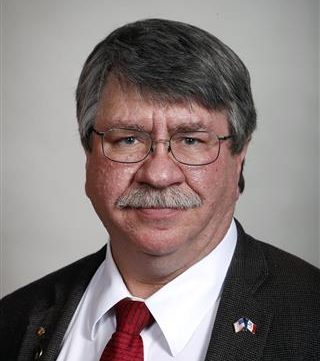If State Rep. Dean Fisher (R-Tama) has his way, the Iowa legislature will once again revisit an issue involving gender identity.
Last year, the legislature removed the requirement for taxpayers to fund sex-change surgeries. This year Fisher is looking at the Iowa Civil Rights Code.
“I do intend to file a bill to delete gender identity from the civil rights code,” he said. “We’ll see how far that goes. I hope at least that discussion is started and we can start to gain some support. Of course, I’d like to get it through this session, but I don’t think that’s going to be realistic. It’s going to take some time.”
The Iowa Civil Rights Act (ICRA) defines gender identity as “a gender-related identity of a person, regardless of the person’s assigned sex at birth.” The ICRA provides protection against various forms of discrimination on the basis of specific traits or characteristics, according to the ACLU. Sexual orientation and gender identity were added as protected characteristics in 2007.
Under the current law, according to the ACLU, potential employers may not ask about gender identity during interviews. If a dress code is gender-specific, employees must be permitted to dress consistent with their gender identity. Employees also should have access to workplace restrooms consistent with their gender identity.
The ICRA also applies to all K-12 schools — public and private, except for bona fide religious institutions. State law requires all such institutions to adopt policies that prohibit anti-gender identity harassment and bullying.
The ACLU also states nobody may be denied access to the premises of public accommodation or any of its goods or services on the basis of their gender identity. A public accommodation is any place or service that offers goods or services to the public at a price (whether privately or publicly owned). Or a place or service that receives government subsidies or tax support. As examples, the ACLU lists stores, restaurants, hotels, gyms, doctor’s offices, hospitals, social service agencies, public parks, public transportation and Medicaid.











